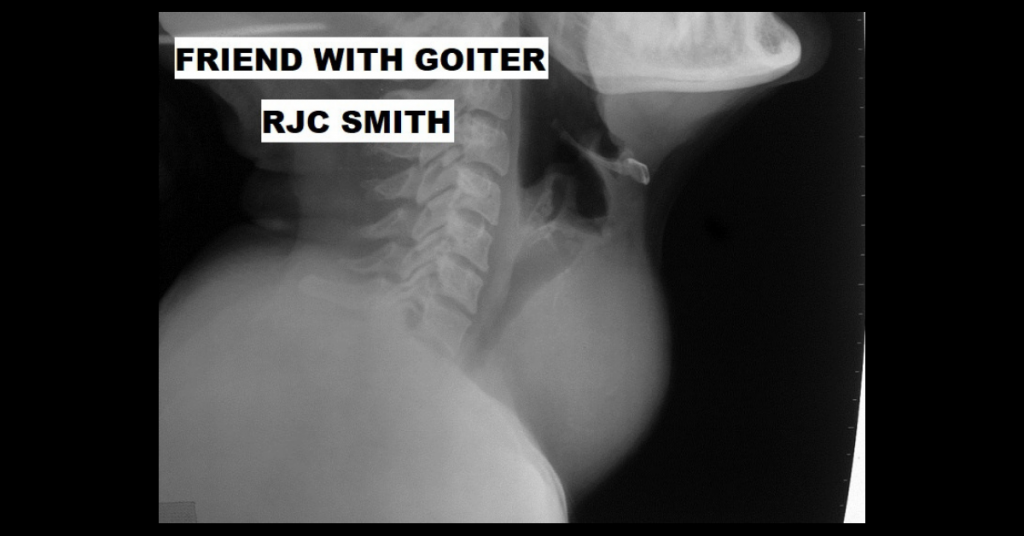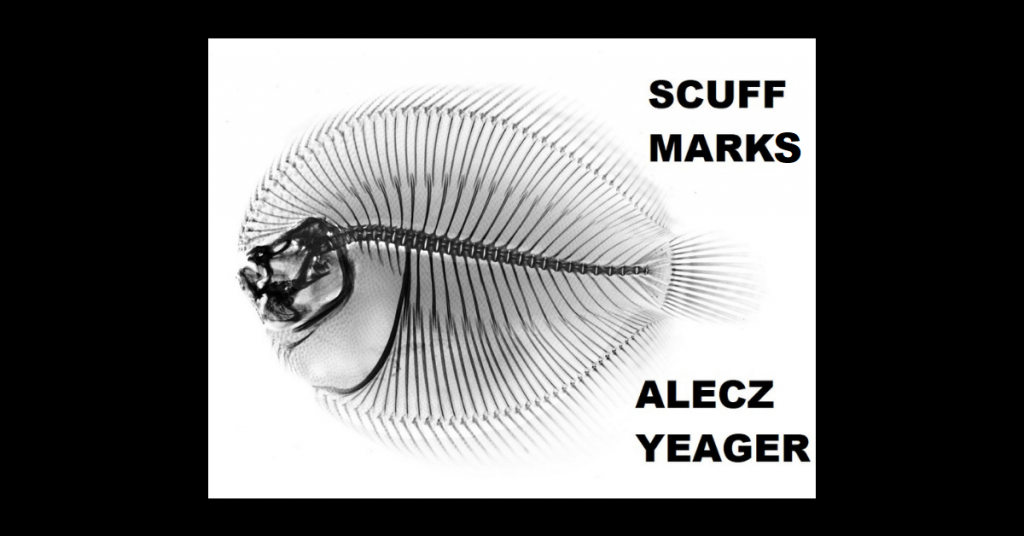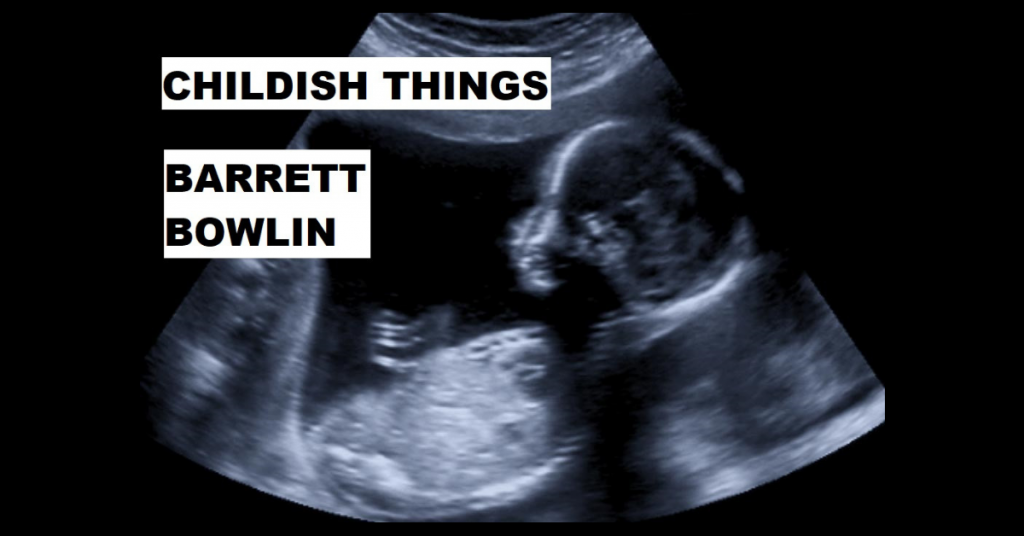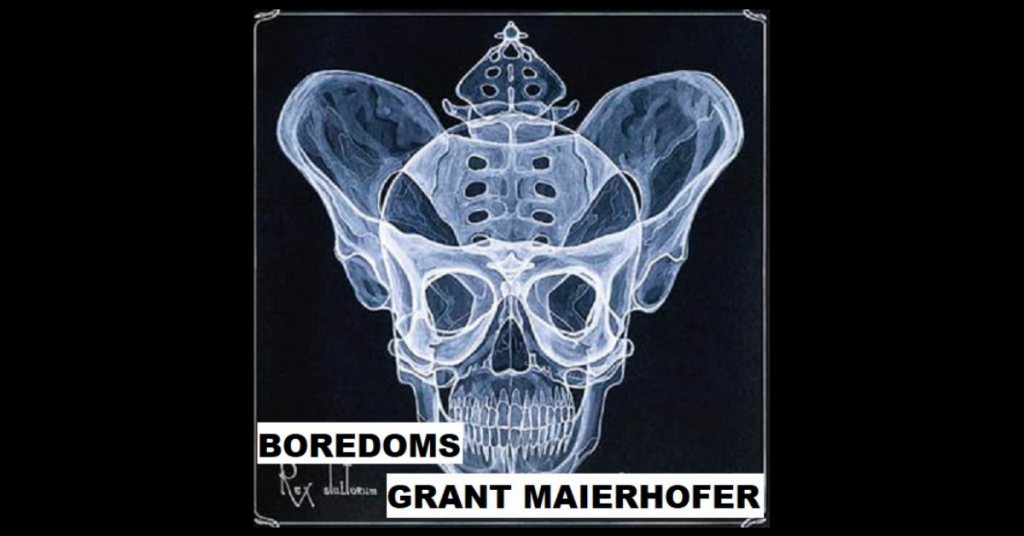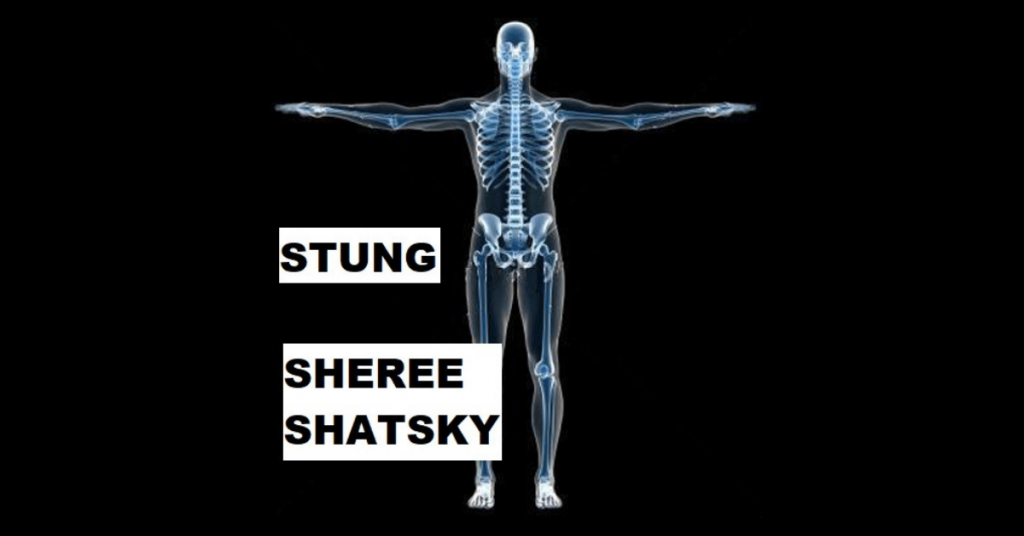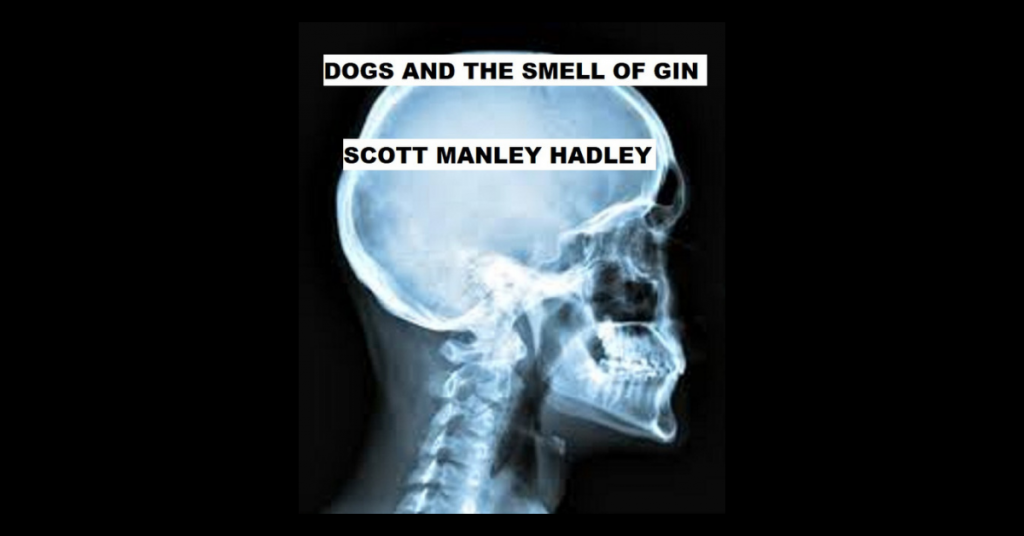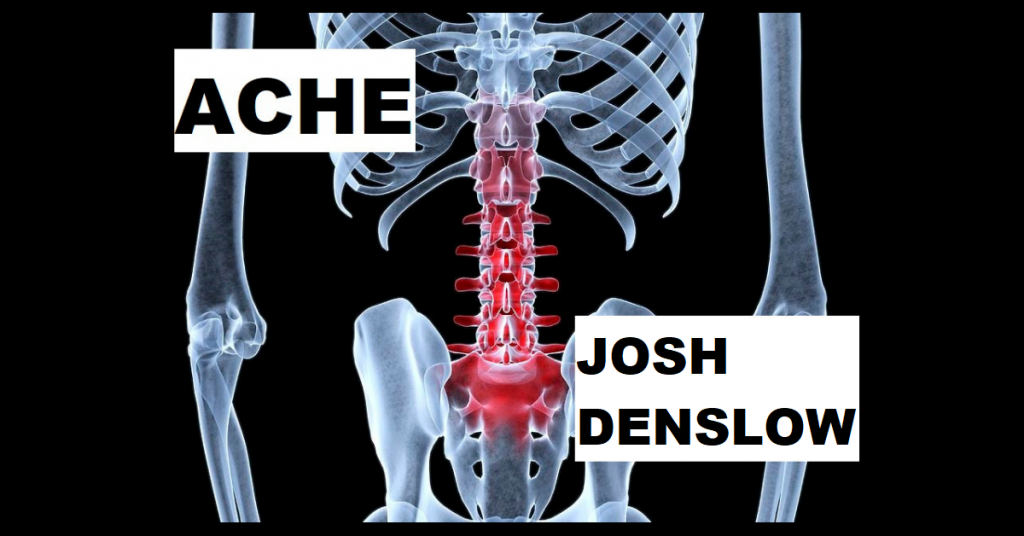
ACHE by Josh Denslow
I fell in love at age seven. Twice. The first time was with the exquisite pang I felt when I pushed my loose upper right lateral incisor with my tongue. I’d withhold that sweet ache for hours, as if I was the drug dealer and my best customer at the same time. I’d wait as long as I could, yearning for a fix, and finally another push and the engulfing ecstasy. I never wanted to lose that power. But the damn tooth ditched me while I was eating a peanut butter and jelly sandwich and it didn’t even have the…


